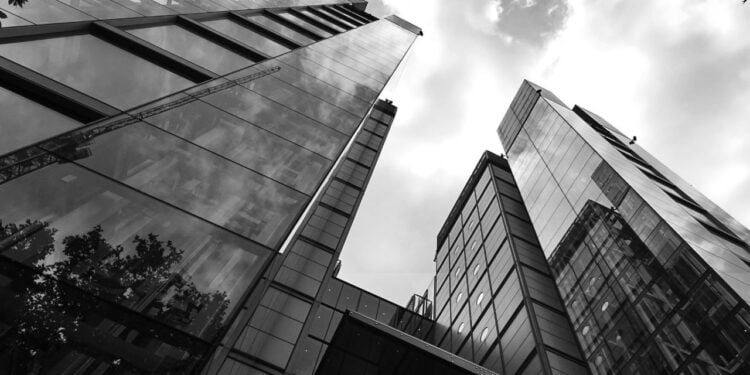September saw a significant rise in commercial mortgage-backed securities (CMBS) delinquency rates particularly within the office and retail.
Wolf Street reports that office CMBS delinquencies soared to 8.4% — a level not seen since 2010, during the Great Recession. The surge is largely driven by overbuilding and the consistent trend of remote and flexible work arrangements, which is leaving many office spaces across major U.S. markets vacant with financial obligations unmet.
These consistent trends suggest an increasing number of businesses are favoring flex spaces over traditional offices. For investors in office buildings and CMBS holders, the outlook remains concerning as the existing oversupply continues to challenge profitability.
Several predictions indicate that unless substantial changes to the office space market occur, such as repurposing or demolishing underutilized spaces, these high delinquency rates will continue. Policies designed to encourage conversion of office buildings into residential or mixed-use properties could mitigate some of the financial strains in the sector.
Retail CMBS delinquencies are also reported to have increased, reaching 7.1%. The ongoing decline of brick-and-mortar stores continues to be hurt by fast growth in ecommerce and less people commuting from work.
These CRE trends highlight the complicated landscape for commercial real estate as it grapples with the changing economic environment and workforce behaviors. While some property types, like multifamily CMBS, show stronger resilience, others highlight the urgent need for adaptation and strategic reevaluation.
Without significant market adjustments, such as repurposing vacant properties or encouraging new developments, these delinquency trends could worsen, further straining investors and the commercial mortgage market.















